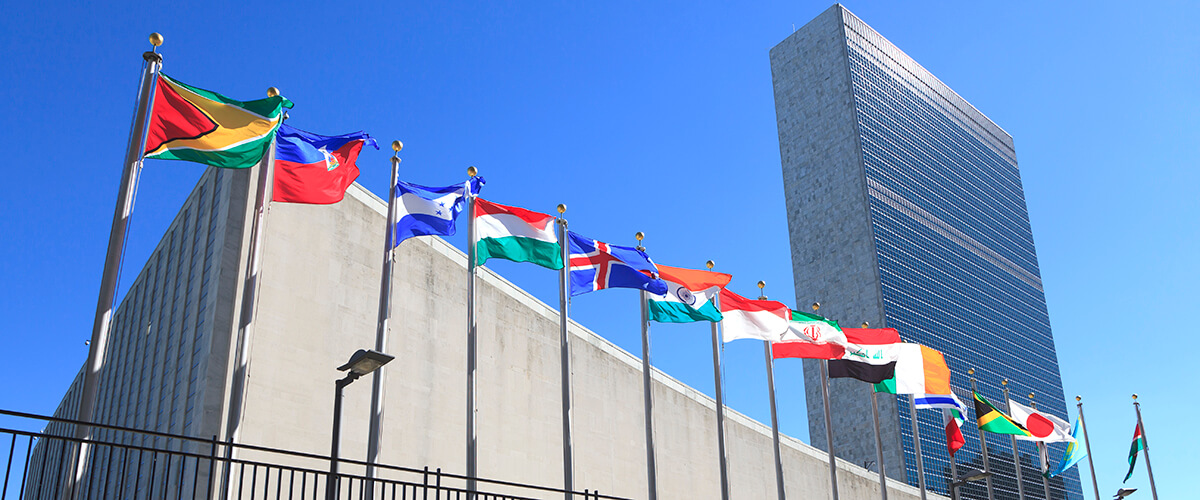FDA officials are asking the American public for thoughts about the potential international reclassification of cannabis.
The United States Food and Drug Administration (FDA) has put out a request for public comments regarding whether cannabis should be rescheduled under global drug treaties.
As first reported for Forbes by cannabis reporter Tom Angell, the federal government in a Federal Register filing published today is asking the public to provide their thoughts on the “abuse potential, actual abuse, medical usefulness, trafficking, and impact of scheduling changes on availability for medical use” of cannabis.
The FDA’s request is in preparation of the upcoming World Health Organization (WHO) meeting in Geneva next month. The agency’s Expert Committee on Drug Dependence (ECDD) will consider the international classification of marijuana and 15 other substances.
Cannabis is currently classified as a Schedule I substance under global drug control treaties. This means that participating nations, such as the U.S., cannot legalize marijuana without being in conflict with U.N. drug conventions. Uruguay and Canada have legalized marijuana despite cannabis’ international status.
The comments submitted to the FDA by the American public “will be considered in preparing a response from the United States to the World Health Organization (WHO) regarding the abuse liability and diversion of these drugs,” Leslie Kux, the FDA’s Associate Commissioner for Policy, wrote in the Federal Register filing.
“WHO will use this information to consider whether to recommend that certain international restrictions be placed on these drugs,” she added.
The ECDD determined just last December that cannabidiol (CBD), a non-intoxicating cannabinoid found in cannabis, should not be scheduled under international drug control conventions. Instead, the body agreed to classify the compound as a nutritional supplement and food.
During the ECDD’s reevaluation of its international regulations on CBD, Raúl Elizalde, President, Latin America of Medical Marijuana, Inc. subsidiary HempMeds® Mexico, was invited to speak about CBD and its natural benefits.
Along with its announcement about CBD, the body also agreed to undergo an in-depth critical review of marijuana and its intoxicating compound, THC. That new review is what prompted the FDA’s new request for public comment.
The public can submit comments – either electronically through the FDA website or via snail mail to the agency — until October 31.

What Could the International Rescheduling of Cannabis Mean for the U.S.?
If WHO were to revise the U.N. drug treaties to reclassify cannabis, it would allow governments – including the U.S. federal government — to make changes to their own cannabis policies.
Cannabis’ classification as a controlled substance in the 1961 United Nations’ Single Convention on Narcotic Drugs and the 1971 Convention on Psychotropic Substances has led to a widespread restriction on cannabis and its extracts among countries within the U.N. Convention adherents agreed to make its cultivation, sale, and purchase for anything other than strictly regulated medical or scientific use a punishable offense.
A recommendation from the ECDD that cannabis not be internationally scheduled could influence marijuana policies in the U.S. and beyond, allowing for greater access worldwide.
Mason Tvert, spokesman for the Marijuana Policy Project, was encouraged by the FDA’s call for public comments, hoping it will inevitably lead to cannabis reform.
“The time has come for marijuana to be removed from the federal drug schedules. There is no longer any doubt that it has significant medical value, and the science is clear that it is less harmful than many legal medical products,” Tvert told Forbes.
“While marijuana is not harmless — few, if any, products are — it poses less harm than alcohol to consumers and to society. The U.S. led the world into the quagmire of cannabis prohibition, so it should lead the world out of it by descheduling cannabis and implementing a more evidence-based policy,” he added.
A pre-review published by the WHO committee in June concluded that cannabis is effective in the treatment efforts of a range of medical conditions and is “relatively safe.”
Latest Cannabis News
Regularly visit Medical Marijuana, Inc.’s news page to keep up with the latest cannabis industry developments.
Learn more about cannabis laws in the U.S. through our education page.






